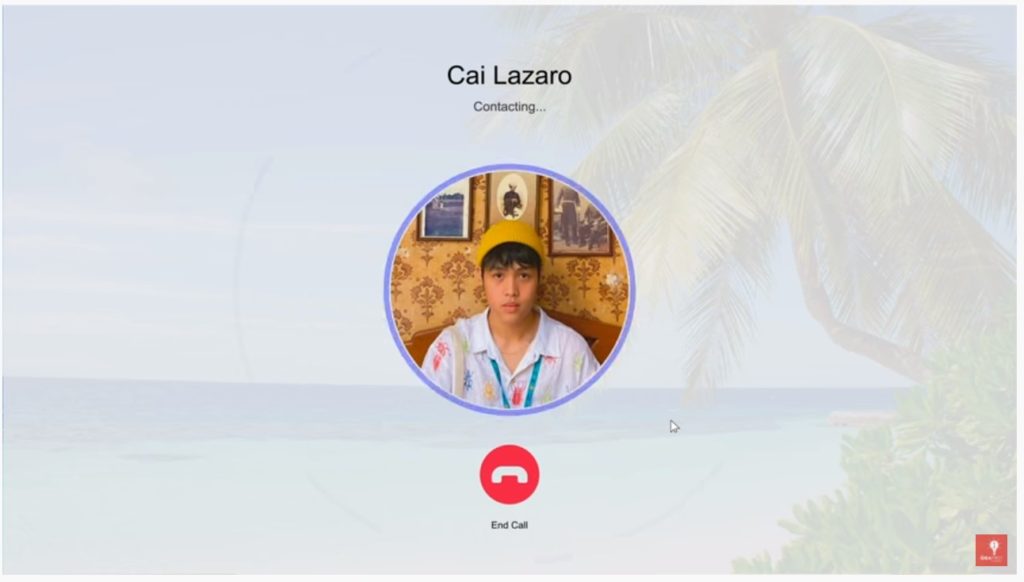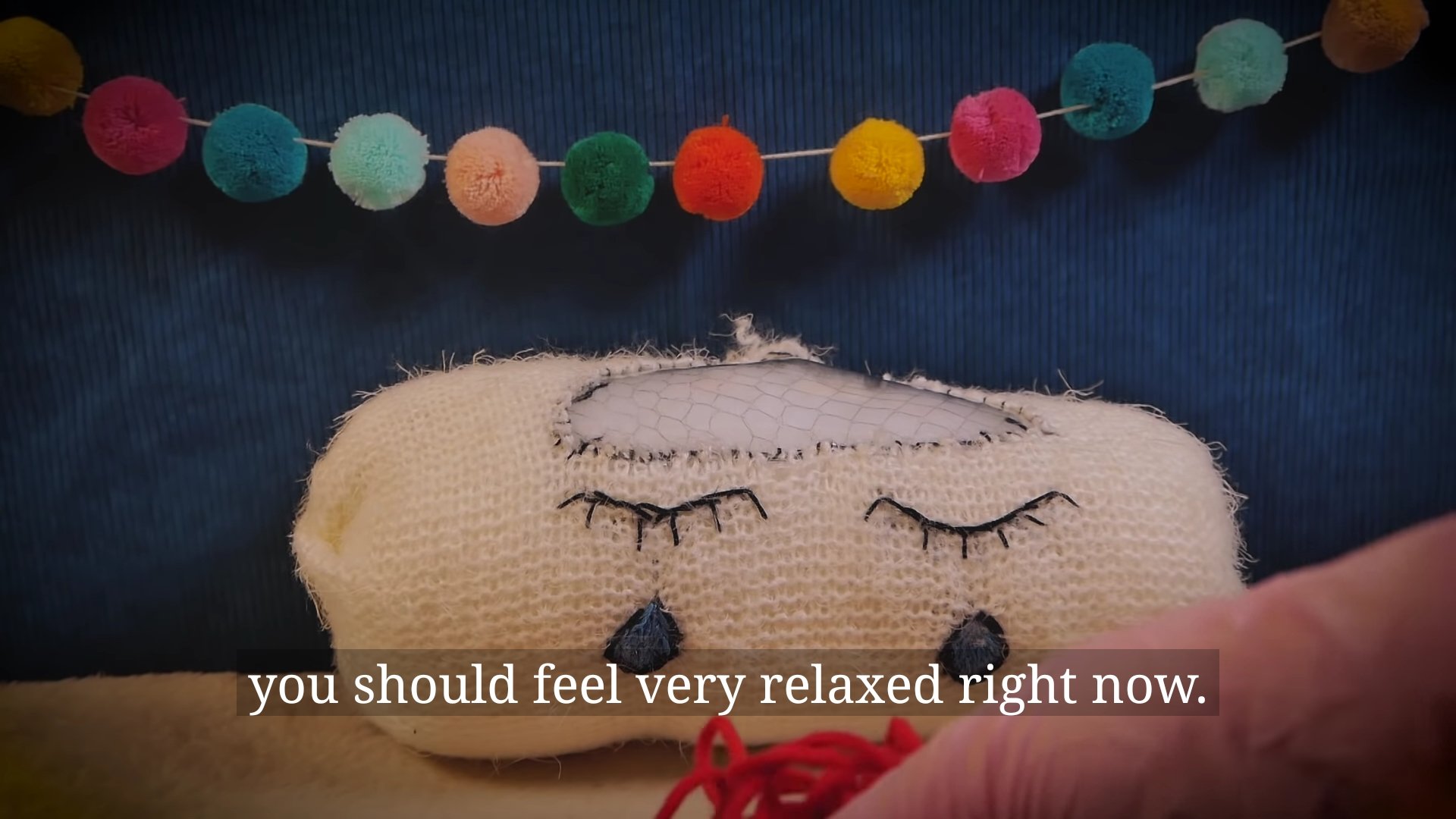In recent weeks several Korean drama sets announced that they would be pausing their filming due to Covid-19 concerns. In these confusing times many dramas have been postponed or seemingly even cancelled altogether. So what is Dramaland doing to stay afloat? Some smaller production groups have found new success creating social media web series.
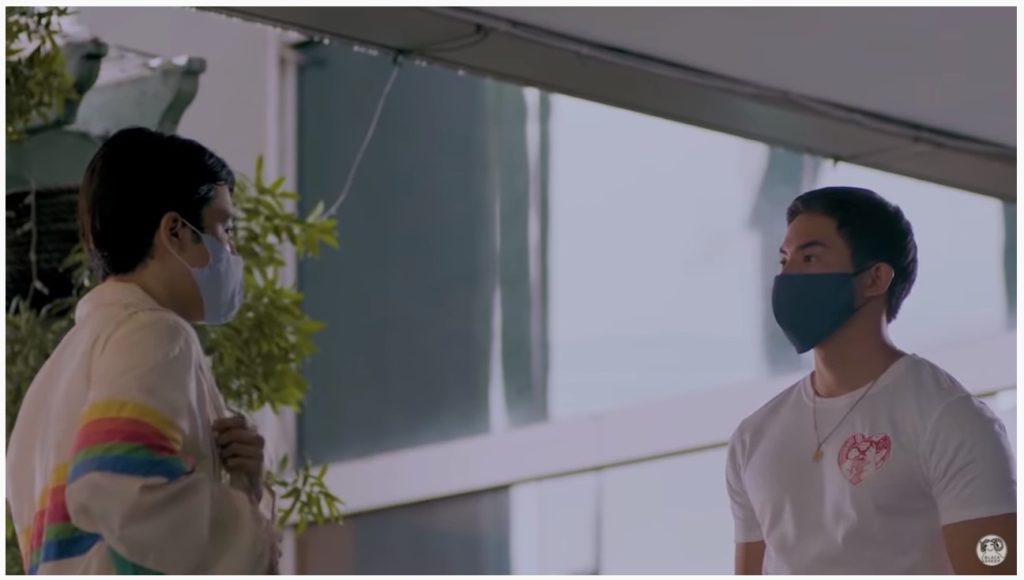
Web dramas are nothing new. Korea and China have been making them for years. Chinese web series are virtually interchangeable with television series when it comes to production values and budgets. Korean web series tend to be lower budget affairs with fewer episodes and shorter runs. Since the pandemic days have sent people into isolation, other countries have joined the world of internet entertainment with a focus on social media storytelling.

Social media storytelling has been a growing media form over the last year or two. In 2018 the John Cho film Searching blew people away with the way it used the medium to tell its story. On twitter you can find entire stories told through tweets and screen caps. There are fake social media apps that allow one to create entire accounts for their characters. I’m quite partial to AUs of The Untamed as told by twitter user @lanzhqn. I recommend the coffee shop story to start (who doesn’t love a good coffee shop AU?). I tend to search out fanfiction AUs but I’m sure there are all kinds of stories with original characters to be found as well.
Since the pandemic started, I’ve begun watching a variety of social media web series that are filmed mainly through phones and web cameras. Fake Facebook, Twitter, and Instagram accounts are often created for the characters of these stories to help aid in the storytelling. Some are more well done than others. The Nadao Bangkok YouTube channel’s series of single episode short stories was my first foray into social media dramas. Quarantine Stories features a variety of different genres to tell quick, complete little stories. I haven’t watched them all, but the first couple were really well done.

Gameboys
Gameboys is the first Filipino drama that I’ve ever watched. Available legally on the IdeaFirst YouTube channel, the channel provides English subs as soon as the videos are uploaded. As the show grew in popularity, the producers clearly recognized the series’ international fans with English posts and online fan meets timed to be accessible in many countries.

The story itself was funny and heartbreaking and sweet. Two boys, Gavreel and Cairo, meet through Cairo’s game streaming channel. They fall in love online against the backdrop of pandemic lockdown. The show’s use of online gaming, group chats and social media, along with plotlines covering covid-19 and pandemic lockdown have made the show the most 2020 reflective drama I have watched this year. The show became so popular that it was given a 3 episode extension as well as a planned movie sequel. Unfortunately rising covid-19 outbreaks in the Philippines caused a delay in filming for the extended episodes but the show appears to be back on track with episode 11 airing this past Sunday.
Hello Stranger
Hello Stranger is another Filipino web drama set in pandemic lockdown. Put out on the Black Sheep YouTube channel, the show’s actors used their own social media to help promote by interacting with fans. They interacted with YouTube reactors and the channel even held an online fanmeet where ticket holders could see the final episode days before it was released to the public. Like Gameboys, Hello Stranger made great use of various social medias to help tell their story.
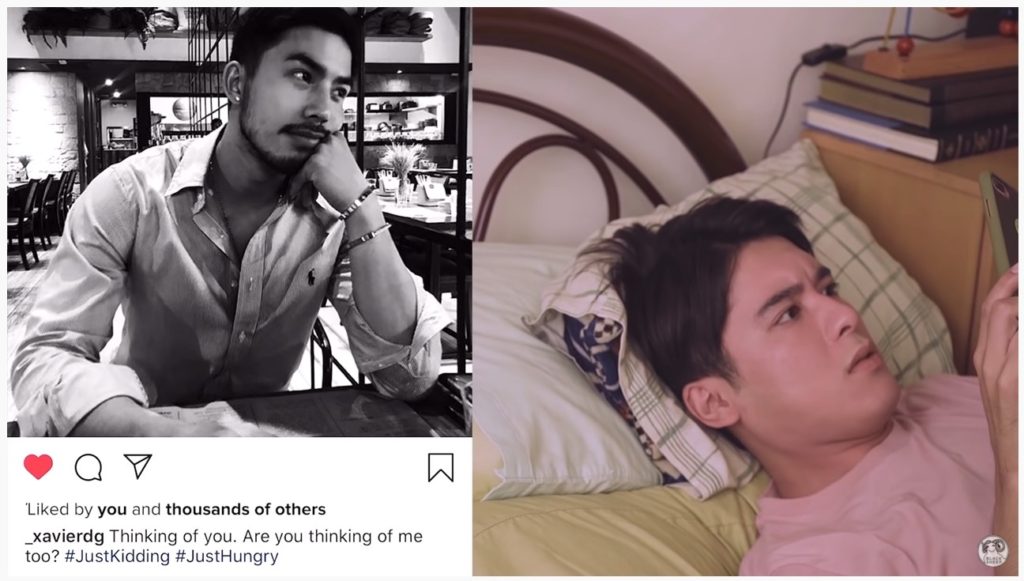

Hello Stranger tells the story of two college students who are forced to worked together for an online poetry assignment. Xavier and Mico have very different personalities but their initial conflict soon turns to close friendship and maybe something more.
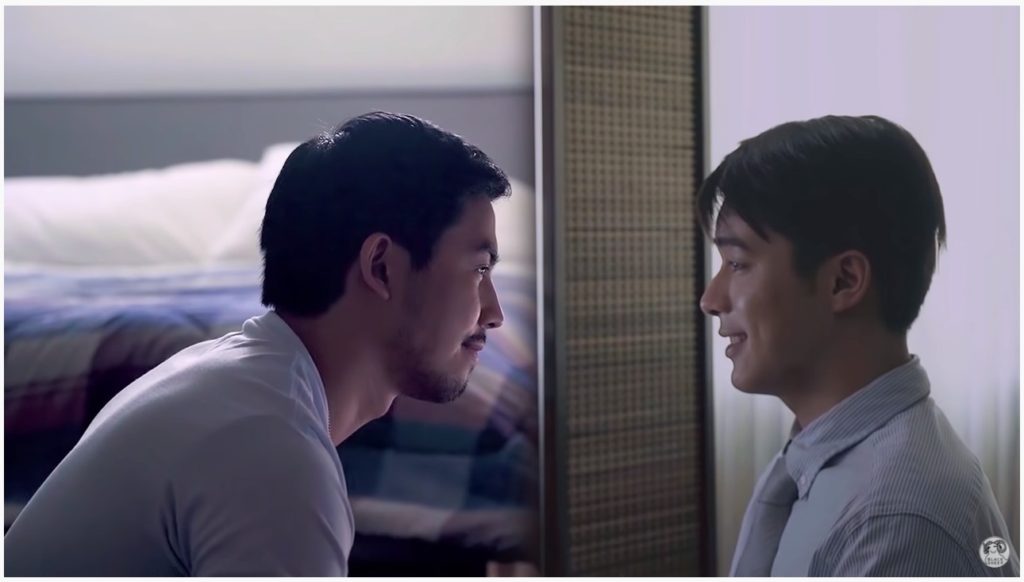
The filming style on this show is different from Gameboys in that it uses secondary camera angles outside of the webcams. This allows for the show to make scenes like the one pictured above where it appears that the boys are in the same room. For me, that took away from the social media storytelling aspect, but others really preferred it. While Gameboys is a series that uses the pandemic almost as a character within the story, Hello Stranger is a story that with only a few minor tweaks could have been told at any time. Both shows are very well made and well acted. Which one people like better is mainly a question of preference and not about quality at all.
Final thoughts:
The popularity of these two Filipino Boys Love dramas has sparked a surge in the industry. Something like 30 different BL web dramas are being planned through the new year. Also Pearl, the fabulous best friend from Gameboys, is getting her own Girls Love story later this year.

I have tried a few series put out by other companies but their quality has been pretty hit or miss. Sometimes the story is cute but the acting is bad. Sometimes the acting is good but the filming is too low quality to really watch. It’s great that the Filipino industry is jumping on the BL bandwagon, but I hope that they continue to take the time to put out high quality shows like Gameboys and Hello Stranger rather than just pumping out tons of stuff that nobody bothers to watch. I look forward to more companies from other countries joining in on this new social media storytelling format.
New to Boys Love dramas? Looking for suggestions of where to continue after checking out Gameboys or Hello Stranger? Why not check out our BL Drama Quiz?


